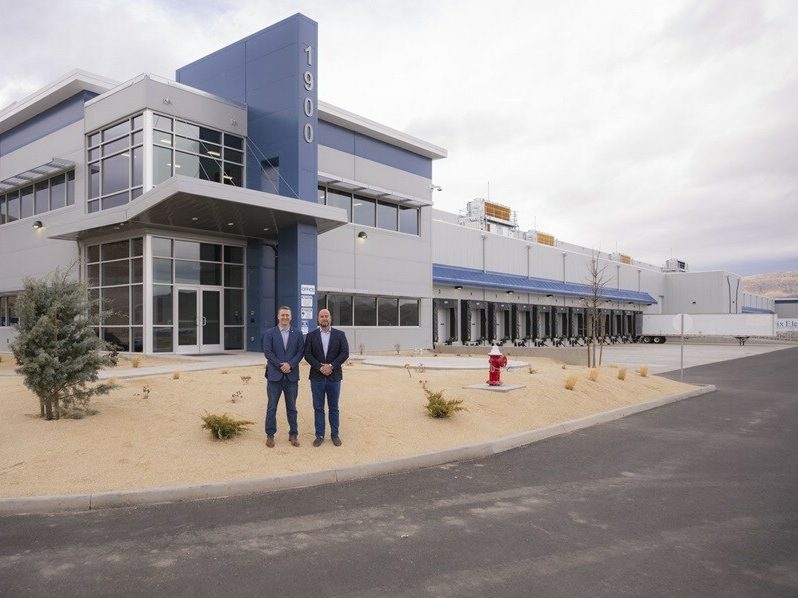Hotel Executives Offer Navigation Strategies for Rough Waters
At The Lodging Conference last week in Phoenix, those three little words–“I don’t know”–were on many hotel industry executives’ lips, as many seemed unsure of the industry’s path in light of the uncertainty caused by a Wall Street bailout plan that was still being negotiated, rising oil prices and concerns about how much further the…
At The Lodging Conference last week in Phoenix, those three little words–“I don’t know”–were on many hotel industry executives’ lips, as many seemed unsure of the industry’s path in light of the uncertainty caused by a Wall Street bailout plan that was still being negotiated, rising oil prices and concerns about how much further the economy could deteriorate.Industry executives on one conference panel revealed some of their strategies to navigate these turbulent seas—strategies that in some cases actually look toward growth and not just survival.Stephen Joyce, president & CEO of Choice Hotels, was happy to report that so far owners in the Choice system have, for the most part, been able to resist cutting their room rates. Instead, many of the owners have stepped up their marketing campaigns to attract guests in this slowing economy. But factors beyond some owners’ control can play a role, he acknowledged.“It depends on what’s happening on their corner,” Joyce said, meaning that owners are greatly influenced by rate policies at other hotels in their immediate area.Ted Darnall, chief operations officer for HEI Hotels and Resorts, said his company is now taking a closer look at development opportunities, as a hotel that starts construction now would be completed in about two years, when the economy could be healthier. Also, HEI has had success with several adaptive reuse projects, and is looking for more of those opportunities.Ashford Hospitality Trust has sold about $300 million worth of its hotels this year, according to president & CEO Monty Bennett. It has not cut back on its capital expenditures program during the downturn but will put some of what he called “above and beyond” capital expenditures on hold, redeploying those funds to its mezzanine lending program in order to take advantage of today’s capital-starved environment.






